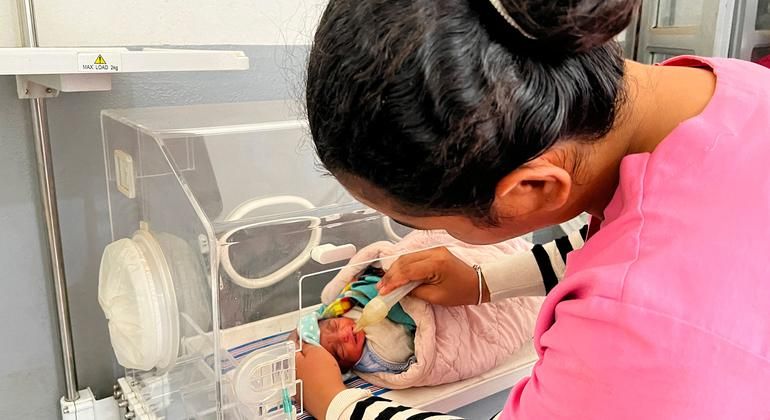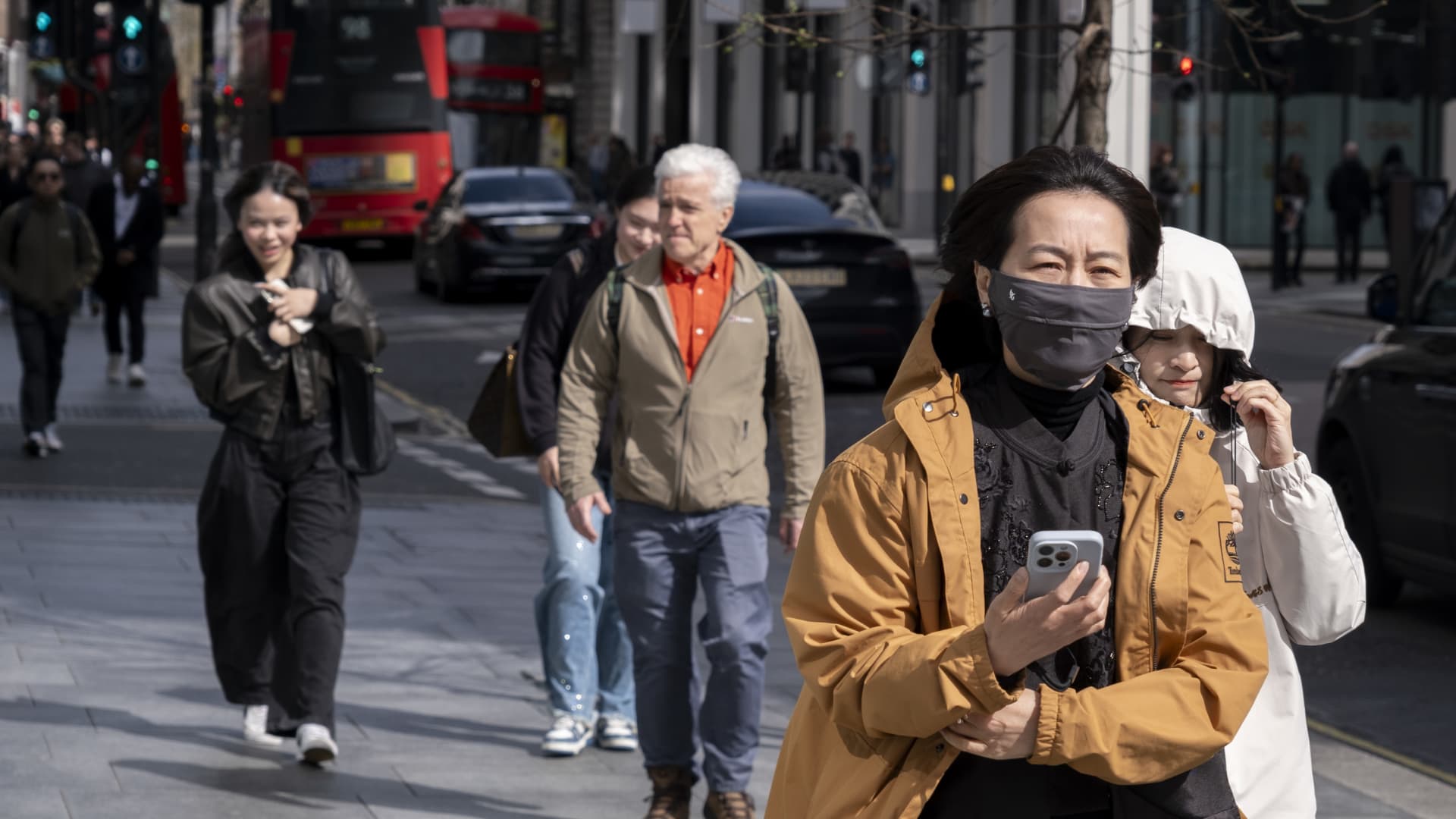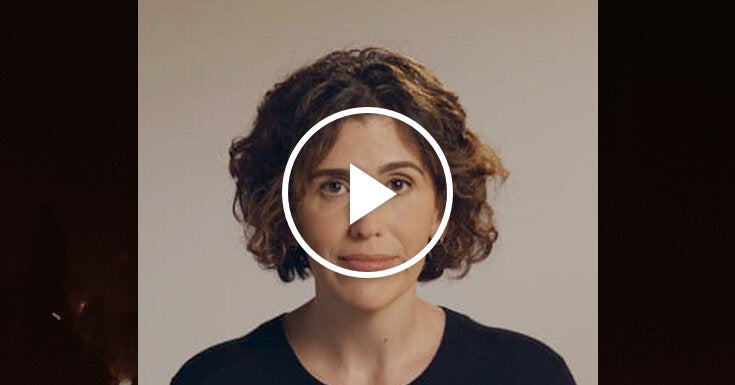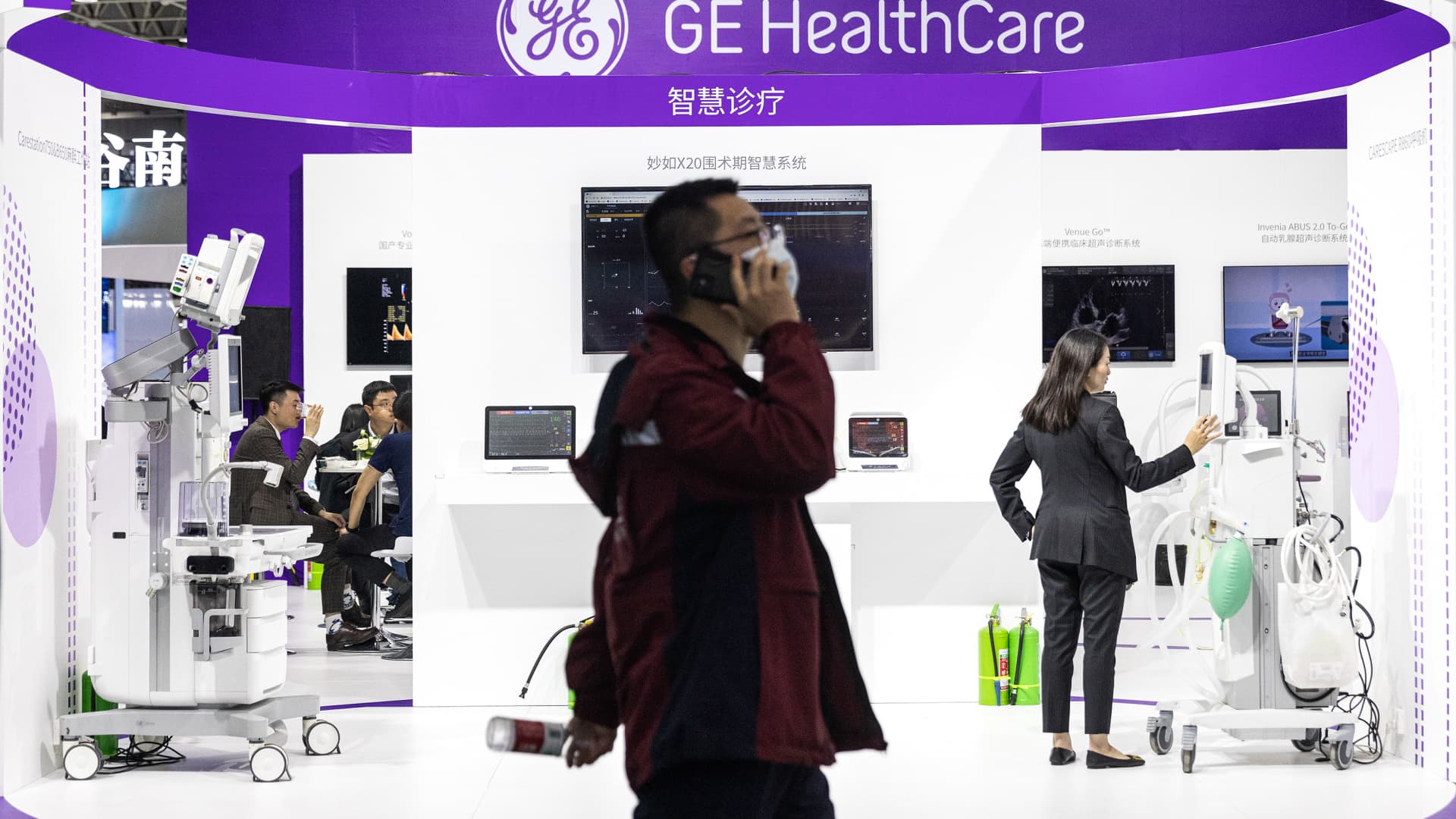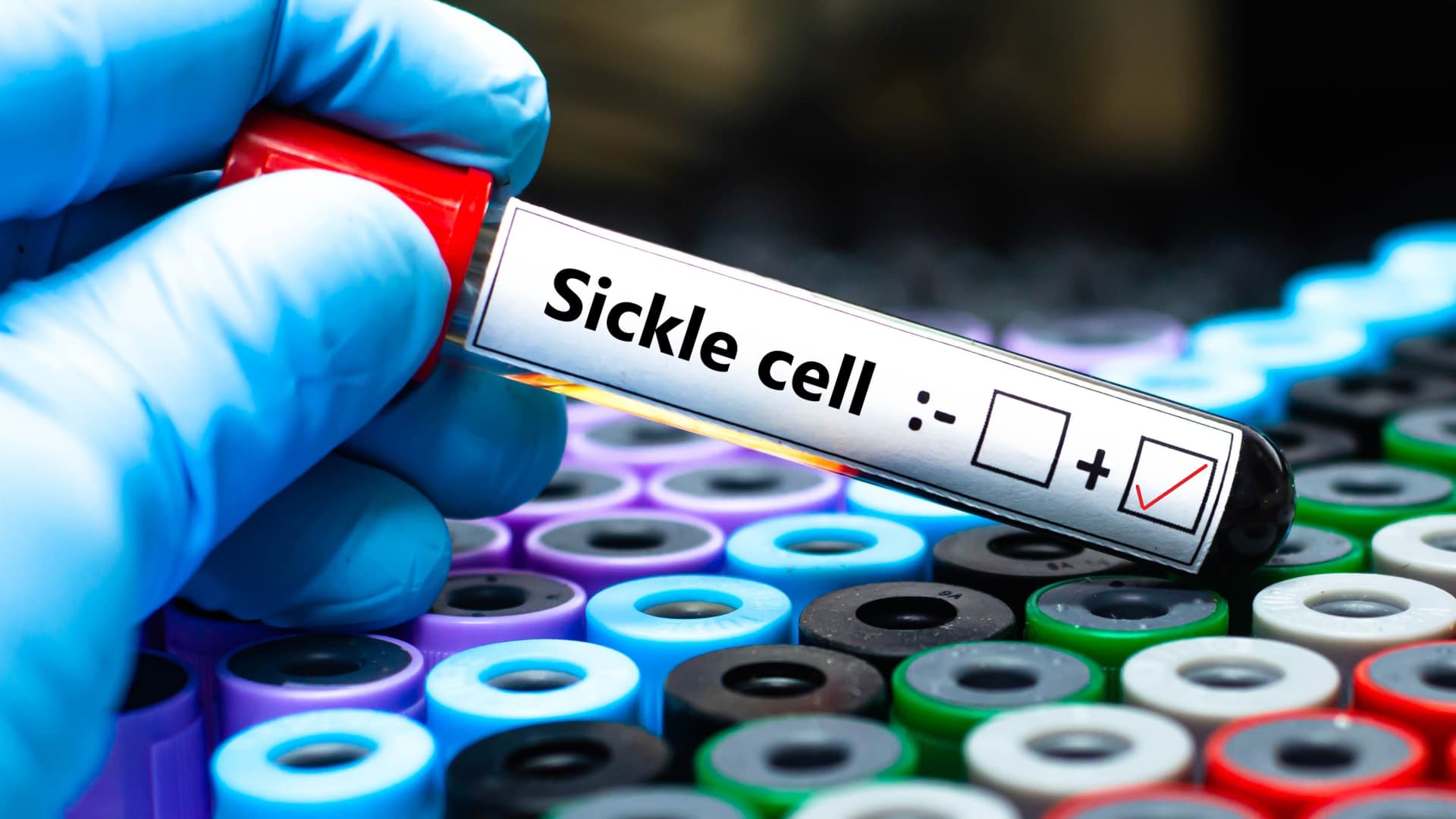“I thought I was going to lose my baby and die on the way to the hospital.”
The chilling words of Samueline Razafindravao, who had to make a harrowing hours-long journey to the nearest specialist hospital in the town of Ambovombe, in the Androy region of southern Madagascar, after it became clear she could lose his son if he did not seek urgent medical attention.
Ms. Razafindravao spoke with UN News ahead of World Health Day, celebrated annually on April 7.
In a country where many babies are born at home and where a traditional midwife can be paid a hen to deliver a baby, the decision she had to make was momentous.
“I tried to give birth at home because I was worried about the expense of going to the hospital,” she said, “but I knew I was having too much difficulty, so I went to the local health center.”
Healthcare professionals recognized that he needed a more sophisticated level of care and called an ambulance from Androy Regional Referral Hospital, a journey through a region plagued by inflexible roads.
“The baby was pushing hard and suddenly he didn't move. “I thought I was going to die and lose the baby too.”
Lack of ambulances
It is a rare life-saving luxury and a rare opportunity to be able to call an ambulance in Madagascar. But Androy Regional Referral Hospital may not be a typical hospital in one of the poorest regions of one of the poorest countries in Africa.
It has become a hospital specializing in a variety of services, including maternal health, thanks in part to the support of United Nations agencies working in the country. The United Nations sexual and reproductive health agency, UNFPA, provided one of the two ambulances the hospital has at its disposal.
The agency also supports a surgeon who performs cesarean sections and obstetric fistula surgeries, as well as two midwives who assist in childbirth and family planning. It has also provided incubators for premature babies and birth kits for mothers.
Solar panels provide a reliable source of electricity to the hospital.
Dr Sadoscar Hakizimana, a UNFPA surgeon who has delivered dozens of babies by caesarean section at the hospital, believes concentrating maternal health services is the key to saving more lives.
“Many pregnant women, maybe 60 to 70 percent, who come here have already lost their babies because they sought medical help too late,” he said, “but we have a 100 percent success rate of healthy births, since whether natural or Caesarean section, for those mothers who arrive on time, since we have a range of care options that we can offer them.”
All care is free and is complemented by other services provided by different UN agencies. The United Nations Children's Fund (UNICEF) provides medical and nutritional care to children suffering from severe acute malnutrition, as well as information sessions on good nutritional practices for parents.
The World Health Organization (WHO) provides services for people with disabilities and people with mental health problems.
And the United Nations Development Program (UNDP) has worked with the hospital to install solar panels to ensure that essential equipment to keep people alive is not left inoperable due to the hospital's sometimes erratic power supply. grid.

Dr. Germaine Retofa helps a new mother breastfeed.
Dr. Germaine Retofa, acting regional director of Androy Public Health, has overseen the integration of services at the hospital that has led, among other improvements, to a reduction in maternal and infant mortality, as well as an increase in childhood vaccination.
“It makes sense to bring all of these services together as we can offer a more holistic approach to healthcare that can include maternal health services along with nutritional counseling and care for malnourished children,” she said. “It's also easier to add additional services when we have this structure in place.”
The UN in Madagascar is focusing its resources on what it calls “convergence zones,” which allow UN humanitarian and development agencies to coordinate long-term interventions.

Young mothers recover in the maternity ward of the Androy Regional Reference Hospital.
“In these convergence zones, it is really important to underline that humanitarian and development actors work in partnership,” said Natasha van Rijn, UNDP Resident Representative in Madagascar.
“If we allow ourselves to look at the situation in Madagascar with all the complexity it deserves, then we will have the opportunity to address the needs in all their complex multisectoral dimensions,” he added.
Back at Androy Regional Referral Hospital, Ms Razafindravao and her now four-day-old baby, who was eventually delivered by caesarean section, are doing well in the maternity ward. As a young mother, she is learning to breastfeed her baby, whom she has named Fandresena, and before long she will make the long 200 kilometer journey back home, but this time not in an ambulance called in case of emergency.
- Promote mental health and well-being and strengthen substance abuse prevention and treatment.
- Reduce the number of deaths and illnesses from pollution, pollution and tobacco.
- Achieve universal health coverage and provide access to essential and affordable vaccines and medicines.
- Reduce the global maternal mortality rate to less than 70 per 100,000 live births and under-five mortality to at least 25 per 1,000 live births.
- End the AIDS, tuberculosis and malaria epidemics and combat hepatitis and other communicable diseases.
Sustainable development depends on ensuring healthy lives and promoting well-being at all ages.


